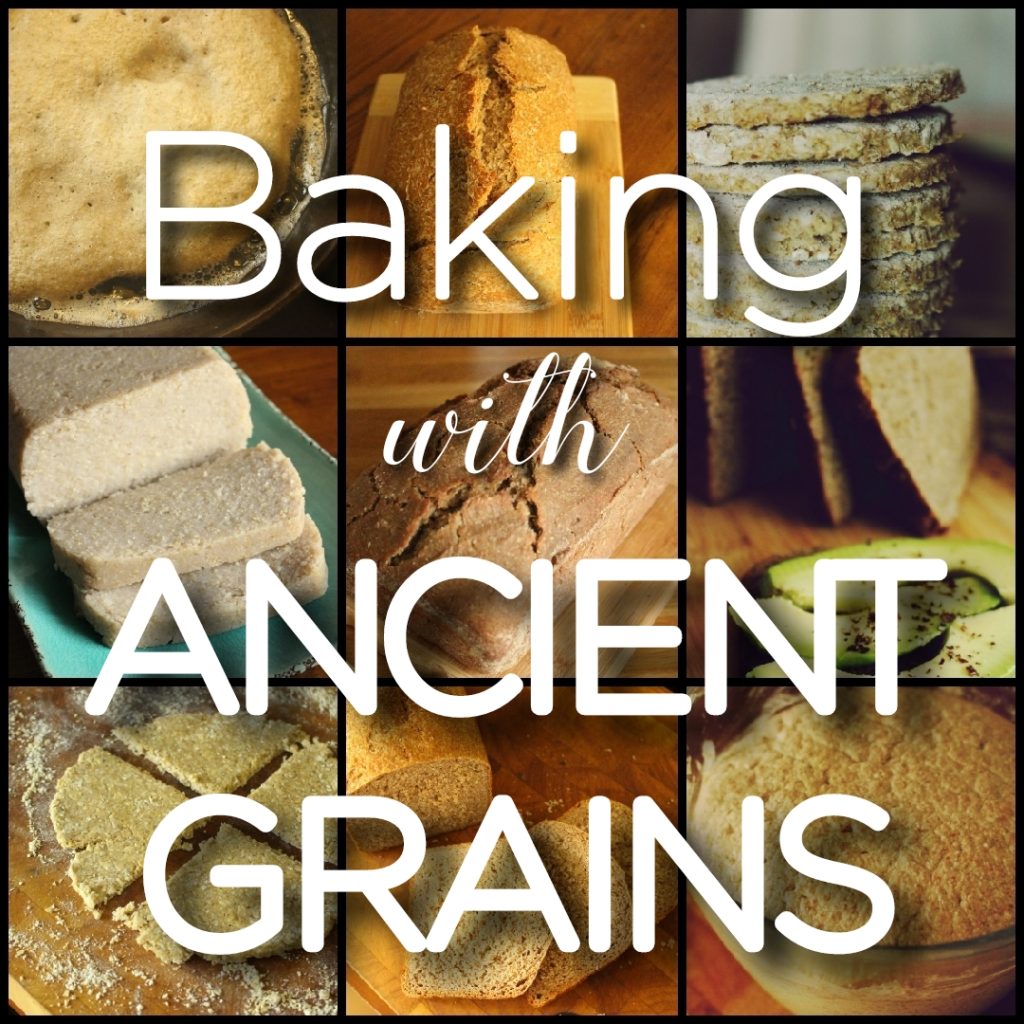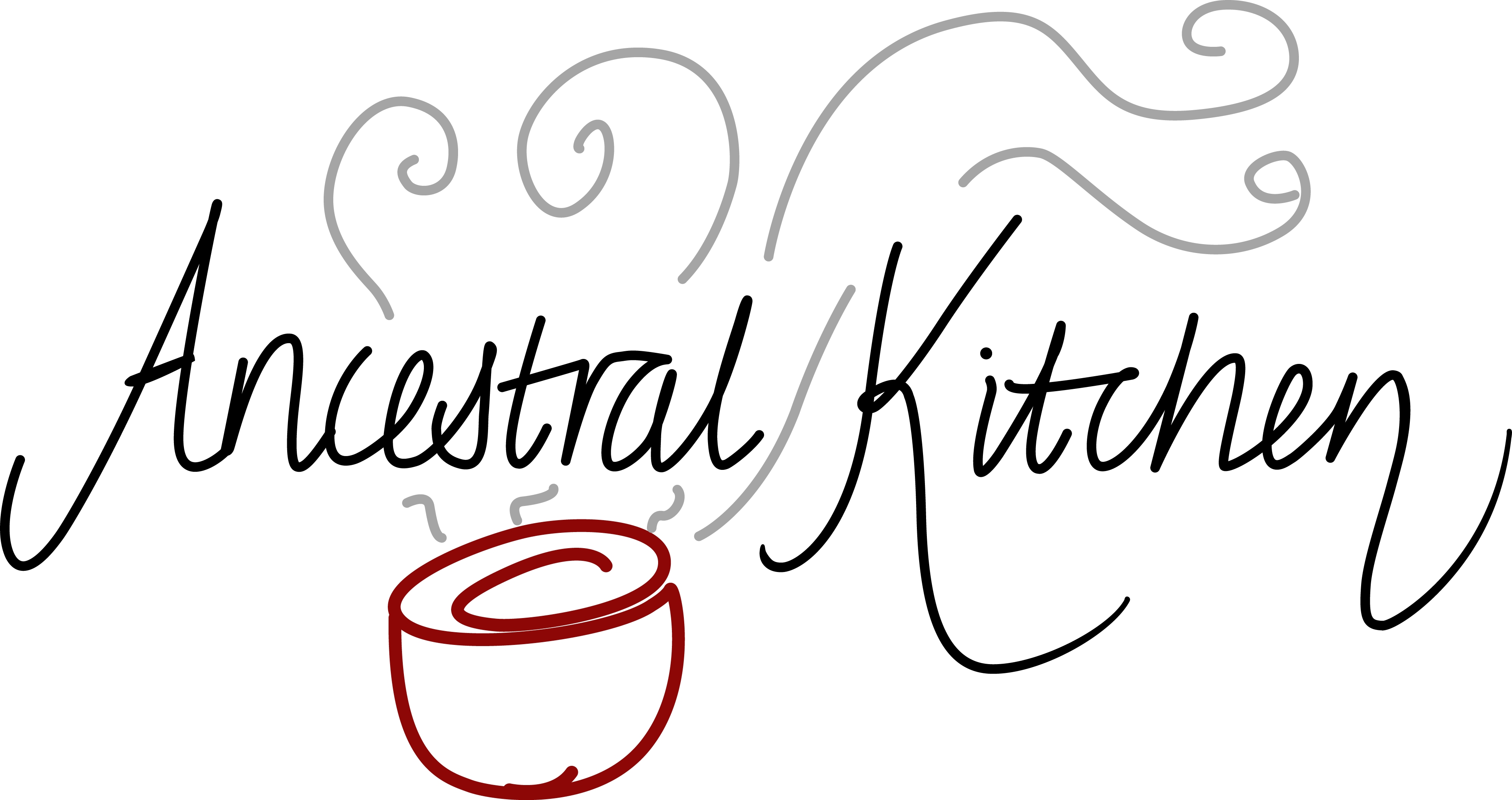Every once in a while Rob comes out from behind the tangle of wires and sits down on the other side of the podcast microphone and records an epic episode with Alison. This is one of those episodes. It is awesome and their dry British humor is the best.
What is luxury? Can you have luxuries? Can you live a luxurious life? Are luxuries part of our everyday? Does luxury have to be a $1200 clutch bag or some 14-bazillion thread count Egyptian cotton sheets, or is luxury something that we can see and appreciate in everyday life?
In this episode Rob and Alison tease out some of those fine luxuries that they experience in their life, and I’m curious to know what are the luxuries in your life and does this change your perspective on how you see those things in your everyday?
Get a 5% discount (and free shipping) on grass-fed supplements, including liver capsules by visiting: https://www.oneearthhealth.com/AncestralKitchen
* * * * * * * * * * * * * * * * * * * * * * * * * *
Get 10% off any course at The Fermentation School: click here and use code AKP at checkout.
Alison’s oat fermentation course is here, with a 10% discount automatically applied!
Get 10% off US/Canada Bokashi supplies: click here and use code AKP.
Get 10% off UK Bokashi supplies.
Visit our (non-Amazon!) bookshop for a vast selection of ancestral cookbooks: US link here and UK link here.
* * * * * * * * * * * * * * * * * * * * * * * * * *
Our podcast is sponsored by Patrons in ancestral kitchens around the world!
Patrons can choose to simply sponsor the podcast, or select from a variety of levels with benefits including additional bonus content, monthly live Zoom calls, a private podcast feed stuffed with bonus content from Alison and Andrea as well as our podcast guests, and a Discord discussion group.
To read more about becoming a patron and explore the various levels, click here!
* * * * * * * * * * * * * * * * * * * * * * * * * *
We love 5* reviews on apple podcasts!
If you love the show here’s how to leave one:
- Open the Apple Podcast app
- Find Ancestral Kitchen Podcast in your library
- Scroll down to ‘ratings and reviews’
- Click on ‘write a review’, choose 5*s then let us know why you love us in the lower box.
Thank you. We really appreciate you taking the time to support us!
Resources:
Alison’s course Bean-to-Bar Chocolate with No Special Equipment
Thank you for listening – we’d love to continue the conversation.
Come find us on Instagram:
Andrea is at Farm and Hearth
Alison is at Ancestral Kitchen
The podcast is at Ancestral Kitchen Podcast
Original Music, Episode Mixing and Post-Production by Robert Michael Kay

Bring ancient grain baking into your kitchen!
Download my free 30-page guide with five healthy and tasty 100% ancient grains recipes.




Hello,
I’ve been listening to your podcast for a while now and appreciate all the research and experimentation you have done to bring back the wholesome rhythms of life that come with preparing and eating great food! This episode was one of my favorites.
I am wondering if Rob would be willing to share any more details about his coffee roasting methods? Like how deep the beans cover the skillet? One layer deep or is the skillet full? Do you use this skillet for other things too, or is it best to have one dedicated for the task? And do you put the beans in a fry skillet (no fat in the pan)?
I think I would like to try your method, as both my husband and I love coffee and the ritual that comes with it, but are sensitive to acid, and prefer roasts with less caffeine. On that note, I was surprised to hear you say on the podcast that you felt the dark roasts in Italy have much more caffeine. I was always told that darker roasts had less caffeine, as it’s strongest in the green bean. If you have a comment on that I’d love to hear it, as I know many things I’ve been told along the way have proven untrue!
Also I am wondering if you have any preference on wet vs dry processing of beans? I know the wet processing can involve some fermentation, which sounds like a good thing to my ancestral thinking brain, but I really don’t know too much about either process, much less it’s affect on the seed and the seeds affects on the human body. Any thoughts or info you have are appreciated!
Thanks again for the podcast!
Hi Nancy, Rob here answering this one:-) In answer to your questions:
I hope that helps – let me know how you get on! I’m in the uk right now and can happily drink the milder store bought ground coffee (acidity/caffeine content-wise) but am looking forward to visiting a friend and roasting her a batch of green to drink again!
Thank you Rob! This is all very helpful!